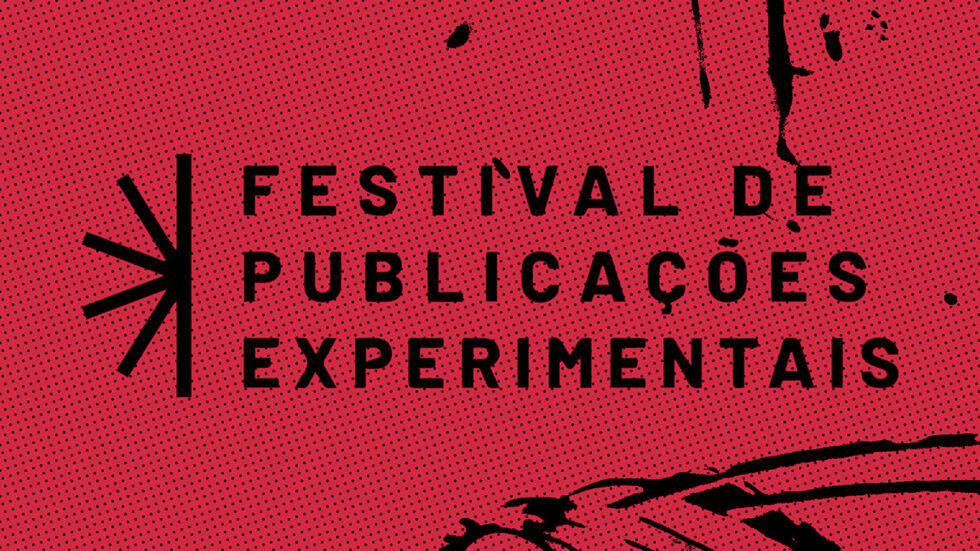Experimental Publications Festival
Faísca Experimental Publications Festival
Faísca‘s new proposal puts at the forefront the pulsating needs for new forms of approaches to the world, as well as reflections on the role of human beings as one of the species in a complex system. Experimentation is taken, to name the festival, not as a restrictive practice, but as a means of survival. Artists and the public are invited to explore possibilities of experimenting from flaws, workarounds and dreams in the construction of new thoughts and conceptions of existence. If everything is already out of place, the challenge is: how about we take a risk and, from this process, plant the precious seeds that could emerge from there?
The festival is a Visual Arts encounter focused on publications such as zines and artist books, showcasing art book fair, exhibitions, discussions, video screenings, live creation labs, performances, launches and other activities.
An artist book shows rather than tells.
Amir Brito Cadôr in The artist book and the visual encyclopedia
(…) when visual artists try to make their own book, you can always tell. It’s a different kind of book.
Jo Frenken in Faísca 2020’s programIt is not enough that text and image are by the same author for it to be considered an artist book. It is necessary to think about the book as a whole, so that form and content are inseparable. One of the characteristics of an artist book is project autonomy, when the author participates in all stages of the work, from the choice of materials, format, layout, binding, printing, even if the artist does not personally carry out the tasks. The book is an artwork in itself, and not just the vehicle for transmitting verbal content. The experience of handling these books is similar to what children will encounter later, when faced with a work of art: the capacity for wonder, for surprise, for stimulating their gaze and intelligence.
Amir Brito Cadôr in The Children’s Sign in Artist’s BooksThe fanzine and the artist book are very delicate works. The act of buying a fanzine is an act of exchanging ideas with the artist, it’s about feeling the material. It’s different from a [traditional] book, in which you kind of know what’s coming.
Beto Galvão in Faísca 2020’s programThere’s something about the fanzine that interests me a lot, because it manages to be transversal. The most varied people can access the fanzine’s text, can get closer to a fanzine issue, so it works for me as an alternative to the academic text. I wanted to produce things, but not within the academic structure.
Daniela Maura in Faísca 2020’s program
Focusing on experimental publications, the new edition of Faísca celebrates the possibilities of titles designed and, in many cases, produced, edited or even printed by the artists themselves. The Do-It-Yourself aspect and the authorial character are part of the thoughts in the development of these publications, which usually are made in small print runs and which are not commonly found in big bookstores or other traditional places. Some of these publications can be designed as artistic pieces, using both the format and the idea of replication, going beyond the content boundary, as a form of expression. The artwork is the book itself.
